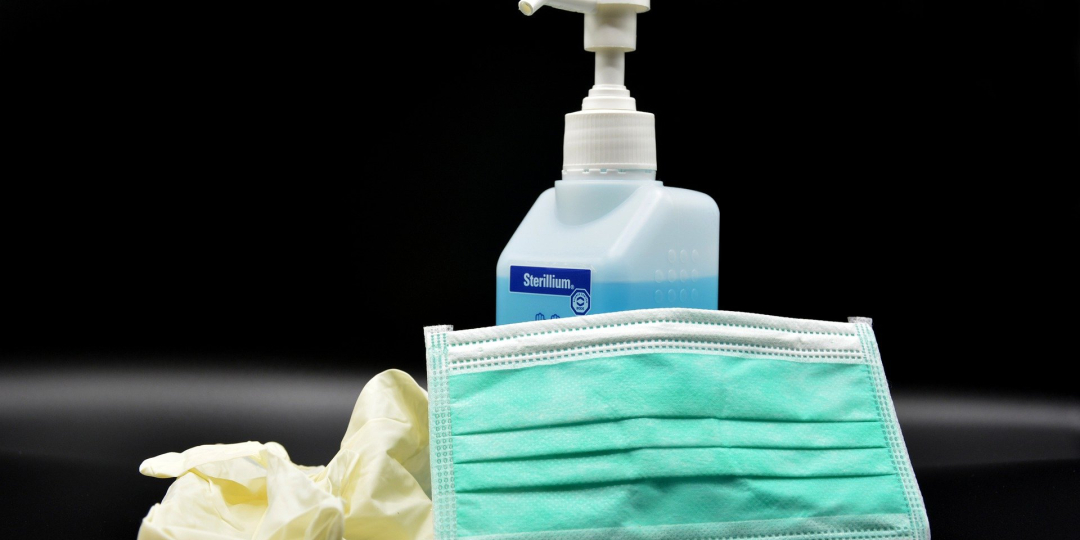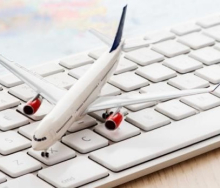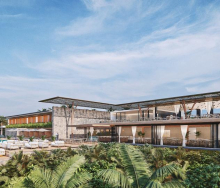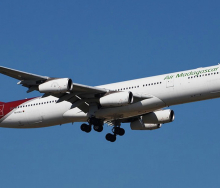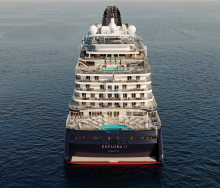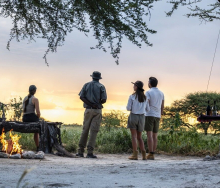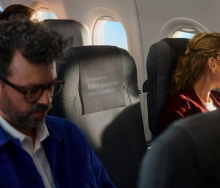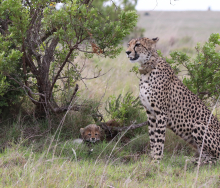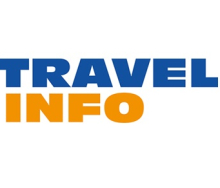During the recent presentation to the Tourism Portfolio Committee in Parliament last month, industry members provided some real-life examples of how COVID-19 had impacted their businesses. Travel News has already reported on some of these presentations here. They were made with the intention of highlighting to government the dire state that the industry is in and to call for more assistance to keep it alive. The tourism sector is one of the biggest contributors to South Africa’s gross domestic product at 8,6%, and also contributes significantly in terms of jobs. Travel News sums up some examples.
Marriott International
According to Marriott International’s market vp: South Africa, Shaun Maher, the hotel sector was hard hit by the virus. Many hotels only reopened in the last quarter of 2020, due to low demand. Shaun said demand started to pick up in September and October, with South African leisure travellers wanting to get out of their homes, and international airlines starting to fly back to South Africa. There was optimism for the Christmas period, but increasingly strict regulations, including the alcohol and beach bans over this period, brought bookings to a halt.
“Today, hotels are by and large operating, but at very low occupancies, especially in the larger cities, and specifically in Cape Town, where the sector can no longer receive large groups, be they booking for conferences, events or sports. Over the last number of weeks, the sector has been impacted by the reduction again in international flights, which impacts the industry not only because of the passengers on the flights, but also because the hotel sector accommodates crews from international flights. There are hotels that have never reopened and many more have closed their doors over the last month. There have been job losses, and this has impacted all levels. The sector has tried to reduce this as far as possible by putting most, if not all, employees on reduced pay. For this reason, the sector was very grateful to be able to claim for UIF-Ters, and hopes that it will be able to do so again from March,” said Shaun.
He added that there had been little to no revenue for the sector for a year now, that reserves were almost drained, even for businesses with strong balance sheets, and that more hotels and jobs would be lost if there was no improvement. Shaun said the hotel industry was currently reporting an average of 30% occupancy with some leisure hotels reporting good occupancies but many more were showing occupancies in the low teen percentages. “These hotels are desperately trying to stay open, but it is not sustainable if these occupancies continue for much longer,” said Shaun, who added that the sector was pinning its hopes on Easter weekend business and block bookings for the British and Irish Lions rugby tour.
Tourism Marketing South Africa (Tomsa)
The tourism levy, also known as the Tomsa levy, is the 1% charged to the consumer for the use of specific tourism services in South Africa. The funds collected are primarily used by South African Tourism to promote South Africa as a preferred travel and tourism destination.
Tomsa chairperson, Franco Jordaan, reported that Tomsa collections had reduced to about 30% of their pre-COVID levels. “This will have a massive impact on South African Tourism and its funding. Income will be heavily under pressure going forward. As others have said, it is not something that is going to end very quickly. Tomsa remains positive, and it will support wherever it can, but that is a reality that we need to face.”
Southern African Association for the Conference Industry (Saaci)
Saaci reported that a lot of events and meetings were being pushed into the third and fourth quarter of 2021 and that if the situation did not improve, the sector would permanently lose skills and experience, which would impact the sector’s ability to roll out future events.
Glenton de Kock, Saaci ceo, said the association had prepared a proof of concept to demonstrate that industry safety regulations worked. Saaci had hosted a Restart Expo, and it was promoting the use of rapid antigen testing before events as further safety protocols that could be used, allowing large-scale events and exhibitions to reopen. “As a sector, Saaci is ready to host people, and to get people back into arenas and stadiums,” said Glenton.
Thebe Tourism Group
Ceo of Thebe Tourism Group, Jerry Mabena, spoke in particular about funding difficulties for its hotel portfolio, saying that hotels had had to continue repaying substantial interest and capital obligations to banks while they did not have guests coming in. Jerry also raised the difficulties that hotels had experienced in claiming Business Interruption insurance.
National Accommodation Association of South Africa (Naa-sa)
Naa-sa reported that even though local guesthouses were running on occupancies ranging from between 5% and 30%, banks did not offer any support, and that businesses had to continue paying their rates and taxes. Naa-sa’s chairperson, Rosemarie van Staden, mentioned that the industry was in desperate need of funding over and above Ters, as that did not cover all of these businesses’ expenses. She raised the point that selling was not an option for their members, as no one wanted to buy a guesthouse and banks did not want to fund the industry. Rosemarie said in addition to guesthouses closing down, a number of Naa-sa members had committed suicide due to the extreme stress of the situation.
